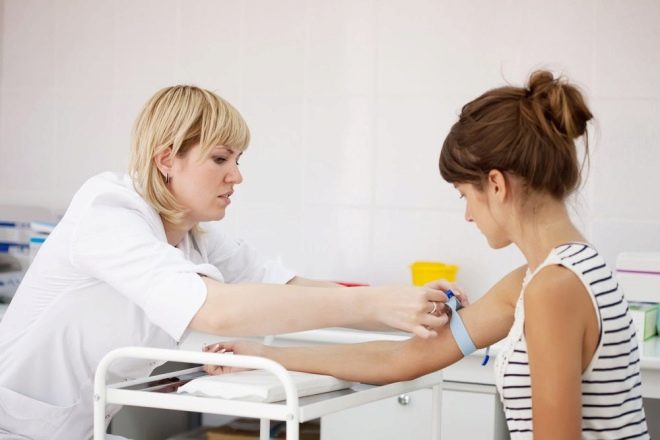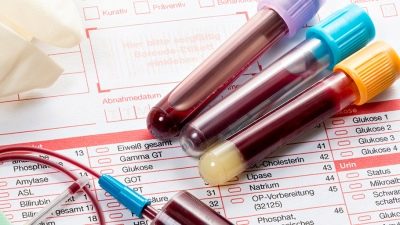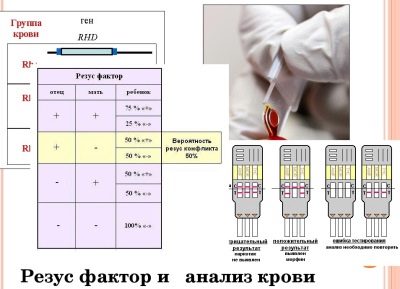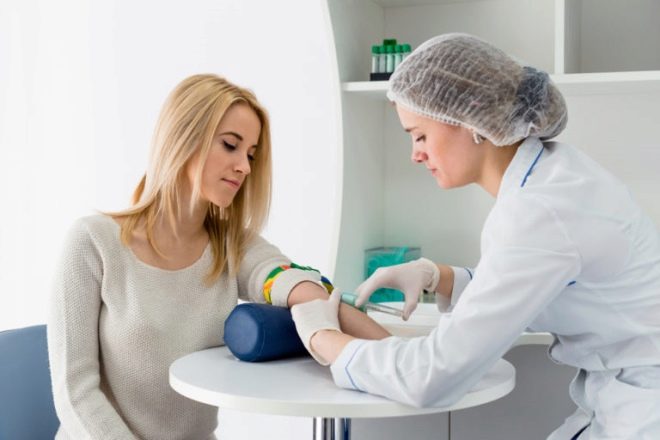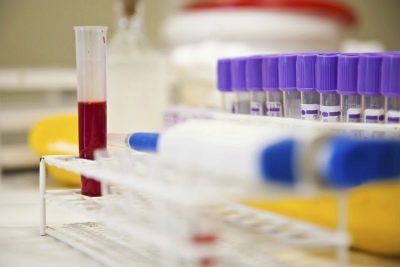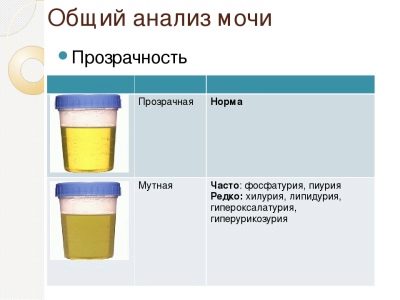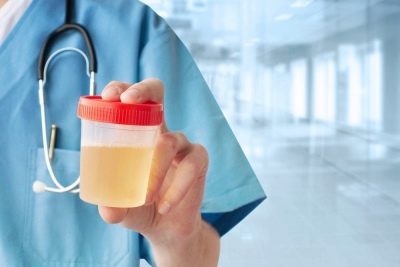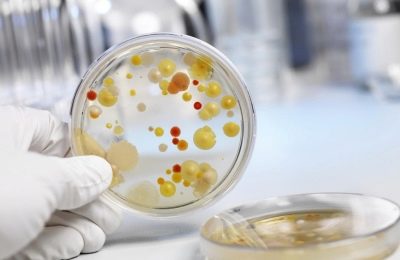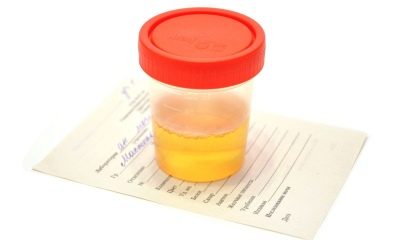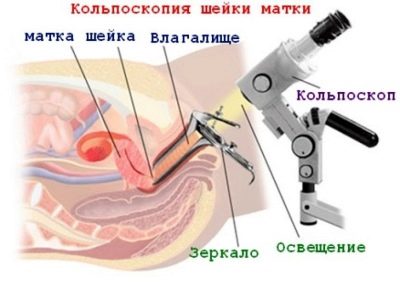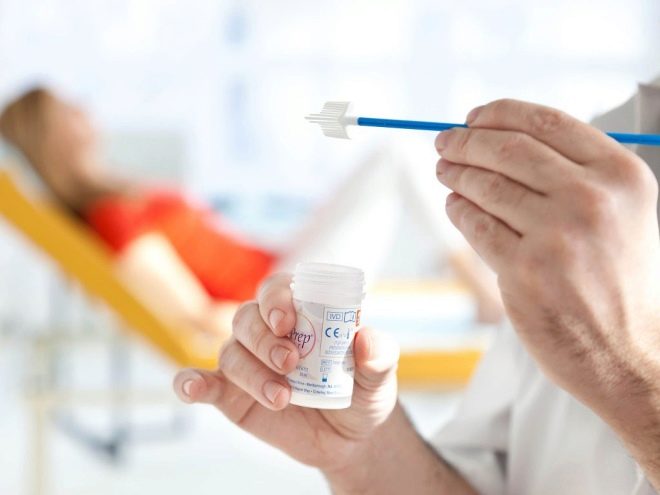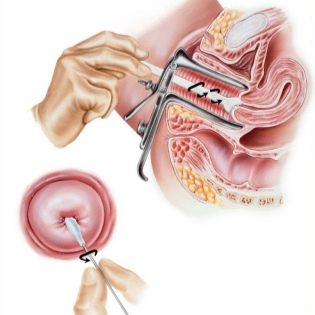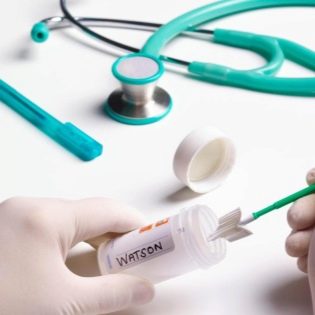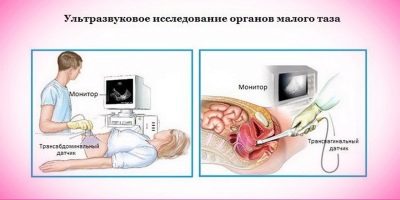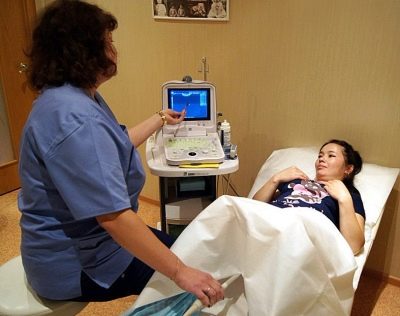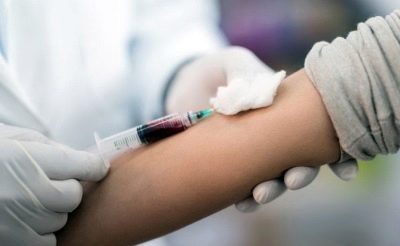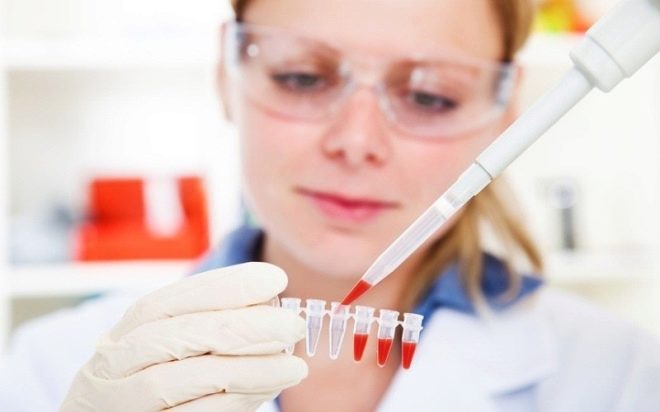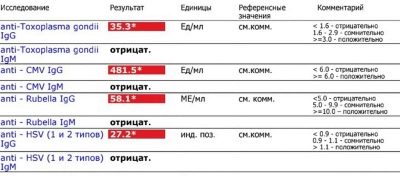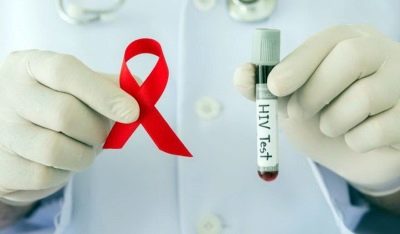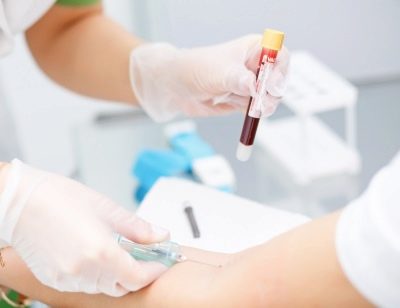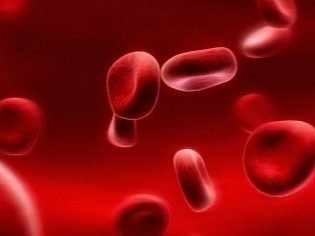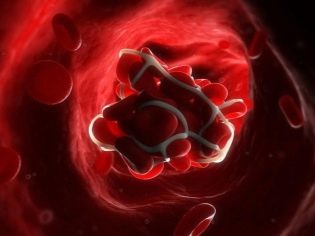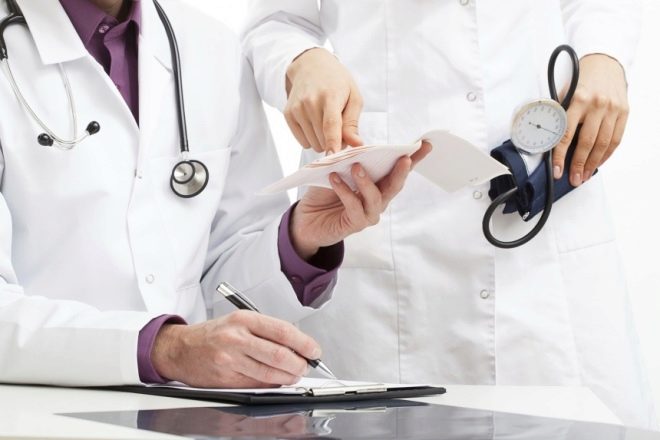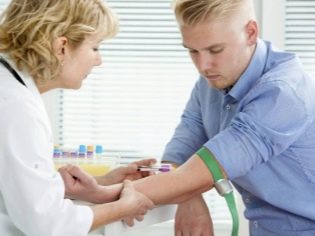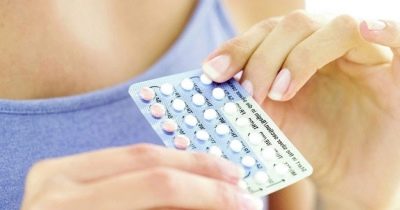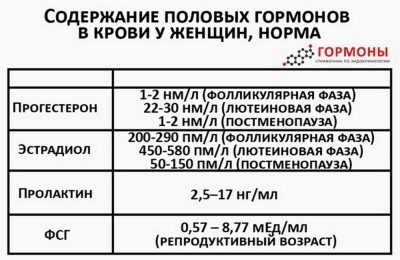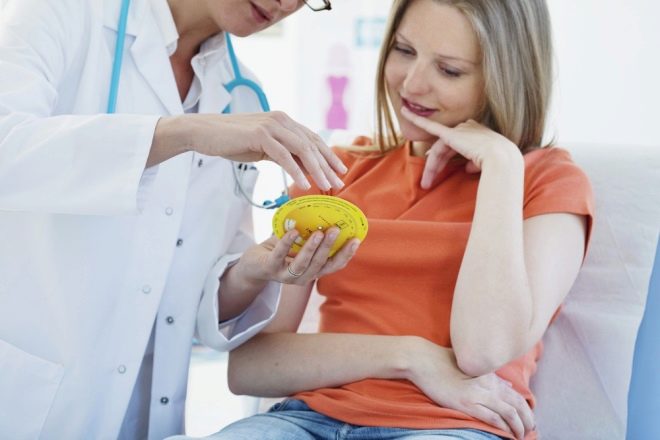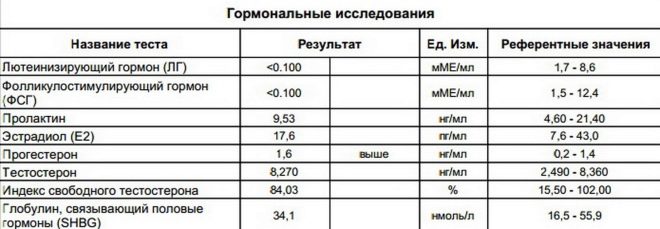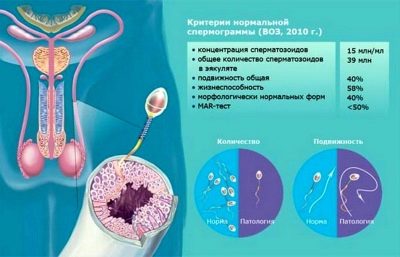What tests need to pass when planning pregnancy?
Planning a pregnancy in the entire civilized world is quite normal. In recent years, there has also been a tendency in Russia to increase the number of married couples who seek to be thoroughly examined before deciding to conceive a child.
There is a common sense in this, because the state of health of the baby, about which all pregnant women are so worried, directly depends on the state of health and genetic characteristics of the mother and father.
If the decision that the family should be replenished, it is time to start planning a pregnancy. And the first thing is to pass all the necessary tests. In this material, we will describe which survey list can be considered the most comprehensive, and why these or other studies are conducted.
Where to turn?
To pass the necessary tests husband and wife can be in the clinic at the place of residence. A woman can also be examined on the basis of female consultation at her place of residence. To do this, it is enough for her to make an appointment with a gynecologist and tell the doctor about her desire to conceive a child.
Inspection in government will not be fast, the couple will have to prepare for the fact that the test will take quite a long time, moreover, not all types of research are done free of charge.
You can initially go the other way and contact the paid medical center, which specializes in pregnancy planning and its management, in the center of family planning, which today is in almost every city. There, the examination will be much faster, but also more expensive.
Therefore, the question of where to undergo research before conception should be decided by spouses depending on the level of income of their family and the amount of free time in order to visit all the necessary specialists and pass all the tests that will be required. On their basis, it will be possible to judge the state of health of a man and a woman and their ability to conceive and bear a baby.
Of course, the perfect health of both spouses does not in any way guarantee the birth of an absolutely healthy babyBut the probability of unpleasant "surprises" during pregnancy is significantly reduced. Therefore, when asked whether it is worth doing a preliminary survey, the answer is obvious - it is worth it.
Basic tests for women
The expectant mother should start the examination with a visit to the gynecologist. Preferably, the same one, which later will observe her pregnancy until the very birth.During this visit, the woman will have a gynecological examination on the chair and her obstetric history.
During the examination, the doctor assesses the structure and size of the uterus, looks for any abnormalities of the cervix, takes a sample of vaginal secretions for analysis. A smear will be ready in a few days. Survey is best done after menstruation, about 10-13 days.
The obstetric anamnesis, which the doctor carefully records with the woman’s words, will include all gynecological diseases she suffered at any given age, operations (including abortions, ectopic pregnancies, missed pregnancies, previous births).
The obstetrician-gynecologist pays special attention to the duration and frequency of the menstrual cycle, as well as to the characteristics of menstruation - duration, pain, profusion, etc. All these data are important in order to imagine the likely difficulties that this woman can face in the process of conception, childbirth and childbirth.
On the basis of the examination and the individual obstetric history of the patient, the doctor gives directions for mandatory tests and consultations of other doctors.
General blood analysis
This is the main study, which is carried out more often than other types of diagnostics. Both capillary blood (from a finger) and venous blood are suitable for analysis, if a woman is tested at the same time as other blood tests. The analysis will show the level of hemoglobin and the quantitative content of blood cells - erythrocytes, leukocytes, platelets, as well as ESR - the rate at which heavy blood cells of erythrocytes settle.
In the results of the general blood test, an experienced specialist will be able to see not only the facts of anemia, if any, but also the prerequisites for cancer, serious inflammatory processes, hidden infections. The number of monocytes and granulocytes, as well as leukocyte formula, will tell about the work of the immune system. Total complete blood count can determine up to 24 parameters.
Analysis does not require special preparation. If he was discharged simultaneously with other blood samples, it is best to go to the laboratory in the morning, on an empty stomach.
Blood test for group and Rh factor
Even if a woman is 100% sure of her Rh-affiliation, and her blood type is in her passport, such an analysis is considered mandatory. For analysis, blood is taken from a vein, preliminary preparation is not required, since the group and rhesus do not depend on the food eaten the day before to take food, they do not change throughout the person’s life (except for very rare cases of chimerism, when the person’s blood shows signs of two groups).
Blood type is determined by the content of agglutinogen proteins in erythrocytes and plasma. There are four blood groups in total.
The Rh factor is the presence or absence in the blood of a woman of a specific protein found in the rhesus monkey. If there is a protein, then Rh is positive; if there is no protein, Rh affiliation is defined as negative.
Rhesus and the group are of great importance when planning, because immunological conflicts between the mother and the fetus are not excluded, if the woman has a negative Rh factor and her baby has a positive Rh factor. Rarely, but also not excluded, a conflict in the blood group develops. Different rhesus and groups - not an obstacle to the onset of pregnancy and not a ban on conception. This is important information for the doctor who will plan how to lead this pregnancy, what to pay special attention to.
If a woman has a Rh negative, then a similar analysis needs to be done for her partner. This will predict the Rhesus identity of the unborn child. If a woman has positive blood, there is no need for a study of the Rh-accessories of the future dad.
Blood chemistry
It requires venous blood.This laboratory test determines the presence in the blood of certain chemical compounds that can accompany various processes in the body. His results show how the internal organs function, how metabolic processes proceed.
It is this analysis that allows us to establish how much sugar is in the blood and is there any diabetes? or prerequisites for its appearance. More than a dozen other indicators are also defined - cholesterol, basic proteins, enzymes, metabolic products, ferritin.
This analysis allows us to estimate how rich the patient's blood is in the necessary calcium, phosphorus, magnesium, iron for normal gestation, as well as other substances important for both conception and subsequent pregnancy.
Biochemistry makes it possible to find out if a woman has inflammatory and allergic processes, sources of infections. If they are detected, before conceiving you need to be treated and eliminate the source of infection.
The analysis should be taken after preliminary preparation. 2-3 days before delivery, you can not eat fatty foods, a lot of salty and spicy. 8 hours before the analysis should not eat at all. Ideal the last time before the examination to eat in the evening, choosing low-fat products, and in the morning on an empty stomach to go to the laboratory or treatment room.
Before analyzing for several days, you should avoid strong stress, insomnia, physical exertion, so as not to get false results. Also a few days excluded alcohol.
General urine analysis
This study is conducted in order to establish the quantitative balance of the composition of fluid excreted by the kidneys. Its quantity, color and shade, transparency and smell can tell a lot to an experienced technician about the metabolic processes and the work of the kidneys and the excretory system. Kidney health is very important during pregnancy and at the time of delivery, therefore neglect this simple analysis is not worth it.
The study determines the salt and impurities in the sediment, the amount of urea, the possible presence of blood cells and other cells, enzymes, proteins.
For research need morning portion of urine. Before collecting, a woman needs to follow all the rules of hygiene - to wash out, to close the entrance to the vagina with a cotton swab to avoid getting liquid into the sample to study vaginal secretions, mucus, which can distort the real picture.
It is important to use for analysis not a glass jar from under honey or jam from your own kitchen, but a special container for collecting urine with a lid. It can be purchased at any pharmacy.
Urine should be delivered to the laboratory no later than two hours after collecting the material, otherwise it will fall natural sediment, making it difficult to assess the transparency, odor and salt formula. Before the analysis you should not eat foods that can dye the liquid in different colors, for example, beets or fresh carrots.
If a woman takes any medications or vitamins, they should be canceled by appointment with a doctor. If this is not possible, and the drugs are necessary for coursework, the laboratory technician must be informed about which drugs and in what dosage are taken. This will provide the most accurate picture of the study.
Urine on backwater
This analysis makes it possible not only to find out whether a woman has inflammations and infections, but also to find out exactly what causative agents they are caused in order to know exactly how to deal with the urinary system disease.
Under laboratory conditions, specialists “sow” bacteria on the nutrient medium, see which ones start reproduction after a while, and test which antibiotics can destroy the causative agent.
The urine analysis is collected in compliance with all the rules relating to the collection of the general analysis, with one important nuance. Suitable for bakposeva mid morning urine. To collect it, the woman first begins urination into the toilet, then brings a jar and dials from 70 to 100 ml, and completes the urination again in the toilet. To deliver to the laboratory tightly closed container should be 1.5-2 hours.
Colposcopy and cervical scraping on PCR
Colposcopy is carried out as an ordinary gynecological examination, but with the use of a special device - a colposcope. It allows you to more closely examine the cervix, in particular the structure of its tissues. It is important to identify possible pathologies - shortening or lengthening of the neck, as well as erosion and oncological processes that can greatly complicate the process of carrying a child.
A smear on PCR (polymerase chain reaction) allows detecting genetic information of infectious agents in a small amount of a substance that is taken at the time of the scraping from the cervix of the uterus. Most often in a smear trying to detect pathogens of sexually transmitted diseases - chlamydia, ureaplasma, mycoplasma. These infections, like some others detected by PCR, are classified as hidden, for many years a woman may not even guess about their presence. They have almost no symptoms.
But the harm from such infections is very noticeable. During pregnancy, they often cause fetal death, missed abortion, miscarriage, intrauterine infection, due to which the baby is born with serious defects, premature birth.
A smear is taken from both the cervix and the cervical canal, it is not painful and not scary, as many women think. Preparation for analysis requires refraining from going to the toilet and emptying the bladder three hours before the examination.
A week before the analysis should stop taking antibiotics, if they were necessary. If this is not possible, it is better to postpone the analysis to another time. It is best to conduct research in the middle of the menstrual cycle. 3-4 days before visiting the gynecologist, you should not use local vaginal contraceptives (candles, cream, vaginal tablets).
Sex, douching should be no later than one and a half days before the smear. After a colposcopy, you should wait a few days, and only after that you can go on delivery of a PCR smear.
Ultrasound of the pelvic organs and breast
Ultrasound is considered one of the most informative in a comprehensive examination. It can be carried out in three ways - intravaginally (with a vaginal sensor), intrarectally (through the rectum) or transabdominally - through the anterior abdominal wall.
Usually, during an examination during pregnancy planning, doctors use vaginal ultrasound. It will allow to evaluate the uterine cavity, its size, appendages, ovaries, cervix, identify possible pathologies - cyst, myoma, tumors, multicystic, etc.
Ultrasound will be of great help in planning conception after long unsuccessful attempts to become pregnant - with the help of ultrasonic waves, you can track ovulation with great accuracy - the most favorable moment for conception.
When passing the ultrasound in a vaginal way, a woman should appear in the somnologist's office with an empty bladder. For better visualization with transabdominal ultrasound, it is recommended to fill the bladder after having drunk about a liter of fluid. If there is a large accumulation of gas in the intestines, swollen loops may press on the pelvic organs, and the result will be distorted.
Therefore, it is recommended a couple of days before the survey to abandon carbonated drinks, legumes, sweet pastry from yeast dough, wine, to eliminate increased gas formation.
On the day of the examination a few hours before visiting the doctor’s office it is desirable to take drugs that contribute to the exit of gases, eg, "Espumizan, Activated carbon, Simethicone, Smektu.The study does not need to be carried out in the period of menstruation, it will be good if the diagnosis is made after them. When tracking ovulation ultrasound may take 3-5 times a month.
Ultrasound examination of the mammary glands will allow to establish possible pathologies - mastopathy, cysts, lipomas, cancer. Special training is not required before the procedure, it is only important to know that the ultrasound scan is most reliable on certain days of the menstrual cycle.
It is best to go to the doctor-diagnostician in the first half of the cycle, immediately after the completion of the next menstruation. It is during the pre-ovulation period that the breast ducts are most clearly visible. therefore The best period is from 5-6 to 12-14 days of the cycle.
Other blood tests
TORCH infection
Blood for TORCH - infections are taken from a vein. For a complex Latin abbreviation four known infections lie. T - toxoplasmosis, R - rubella, C - cytomegalovirus infection, H - herpes. The letter "O" at the beginning of the abbreviation indicates other infections, which include syphilis, hepatitis B and C, chickenpox.
The analysis determines the presence of antibodies to the pathogens of these infections. If the woman is now sick, the disease is in the acute stage, even if the symptoms have not yet manifested, then IgM type antibodies will be found in her blood.
If she once had had, for example, chickenpox or toxoplasmosis, then her body is already familiar with such pathogens, there is a persistent lifelong immunity. It is determined by the detection of antibodies like IgG.
Most of these diseases are dangerous for pregnant women in the acute stage. If a woman is already ill, and now only antibodies are found in her, which indicate the presence of immunity, but for the future of the planned child this does not pose any danger. Moreover, the mother will surely give these protective antibodies to the baby.
If there is a lack of antibodies of all types to this or that infection, it means that the woman has not previously been ill with it, and the risks of getting sick already during pregnancy are higher.
Rubella, toxoplasmosis, cytomegalovirus can cause the death of a child in utero, the birth of a child with developmental defects (deafness, blindness, problems with the formation of internal organs, etc.) not caused by genetic factors.
If there is no antibody to infection, Need to consult with an infectious disease disease before getting pregnant. He will give advice on how to protect against these dangerous ailments.
On HIV status
To pass such an analysis is necessary in order to identify the immunodeficiency virus in women. If you make it at the very initial stage, antiretroviral treatment will give a good result. Although HIV is considered incurable, such a woman will be able to bear and give birth to a completely healthy normal child.
Pregnancy with HIV infection will require special management, taking certain drugs that will save the child from infection, special tactics during the birth process.
Therefore, a positive HIV status is not a sentence, stating that a woman cannot have offspring. The incubation period of the disease is long, and therefore it is recommended to do the analysis several times - six months, three months before conception, immediately after the occurrence of pregnancy and several times during the term of the child.
For syphilis
Even if a woman is sure that she could not become infected with syphilis, because she is faithful to her sexual partner, the analysis will still have to be done. Already at least for the reason that this venereal disease is transmitted not only sexually, but also household, contact.
Antibodies to syphilis are determined by various methods and methods, in particular it is not worth going into. It is important to remember that, as in the case of HIV, it is necessary to test for syphilis several times, given the lengthy incubation period.
Blood is usually taken at the same time as an HIV test; laboratory technology allows you to collect a woman's venous blood material in one test tube at a time for two tests.
Hepatitis B and C
Infectious hepatitis may not manifest itself for quite a long time, and a woman can be sure that she just had had the usual flu.
For pregnant women, viral hepatitis is extremely dangerous, they can lead to termination of pregnancy at any time, disruption of the liver, serious violations in the blood. Therefore, at the time of planning a pregnancy It is very important to know for sure whether a woman has had such hepatitis, whether she has them now.
A blood test is taken from a vein. Requirements for it are similar to the requirements for biochemical research. A woman should not eat fat, drink alcohol and antibiotics for 3-4 days before donating blood, do not be nervous and put yourself under heavy physical exertion. The laboratory should come on an empty stomach.
Comprehensive coagulation test
This is a whole set of tests that allows you to identify the ability of blood to clot. Too “liquid” blood, in which the clotting time increases, threatens to result in severe bleeding and total blood loss during childbirth, as well as abundant internal bleeding during the child's gestation period.
Too "thick" blood with a large number of platelets is dangerous the occurrence of thrombophilia, thrombosis. In addition, the baby during pregnancy will receive less nutrients due to impaired uteroplacental blood flow.
A comprehensive blood test is called coagulogram. The coagulation time, prothrombin level, platelet count, and fibrinogen are determined without fail. Each indicator in combination with other indicators will give the most complete picture of how hemostasis occurs - how blood clots form to prevent bleeding and how they subsequently dissolve so that the vessels become clean.
In case of deviation from the woman’s norms hematologist recommended - a specialist in blood diseases, to undergo preliminary treatment, and only then proceed to conceive a child.
The fact is that most of the problems with hemostasis are perfectly solved with medicines, which are contraindicated during pregnancy. Therefore, it is better to undergo treatment before the onset of an “interesting situation."
Medical advice
Among the doctors who are to be visited by a woman before conceiving a child are such specialists:
- dentist;
- ENT;
- oculist;
- cardiologist;
- allergist;
- therapist.
These doctors must make their verdict about the state of health of the woman who will have to bear the baby and give birth to it for nine months. For example, some diseases of the organs of vision are a contraindication for natural childbirth, and permanent sources of infection in the mouth or in the "ear-throat-nose" system can greatly complicate the course of pregnancy itself.
The health of the heart and blood vessels is of paramount importance. In addition, a woman at the time of conception should know exactly her “non-pregnant” weight, blood pressure level and the presence of all chronic diseases.
Basic tests for men
Despite the fact that the fetus has to be hatched for a woman and her body is subject to quite justified high requirements, some analyzes at the planning stage need to be handed over to a man, because he is directly involved in conception, giving exactly half of the genetic information to the child with his sperm cell, including and on existing diseases. If there are no problems with conception, the couple is not in multi-year planning, then The list of studies for men is small:
- general blood analysis;
- general urine analysis;
- blood per group and Rh factor (if there is a negative Rh factor in a woman);
- blood test for TORCH infection;
- blood test for genital infections;
- HIV, hepatitis and syphilis tests.
Additional examinations
To clarify some situations related to the health of the spouses, additional tests are sometimes appointed. They are especially relevant if the spouses have a long time of sexual life without contraception is not possible to get pregnant or have miscarriages, ectopic and non-developing pregnancies in the early stages.
Hormonal blood tests in women
Blood from a vein for hormonal studies is taken on an empty stomach, before that a woman should stop taking any hormones, including contraceptives, beforehand, and also limit nervous stress, excessive exercise (if a woman is involved in professional sports, for example). Do not take alcohol or smoke before taking the test.
The woman is determined Concentration of hormones important for conception and pregnancy, including female sex:
- progesterone;
- estradiol;
- FSH - follicle-stimulating hormone;
- LH - luteinizing hormone;
- prolactin;
- thyroid hormones - TSH, thyroxine (T4), triiodothyronine (T3).
Analysis of hormones when planning pregnancy and without suspicion of infertility can be assigned to women who have turned 35 years old, whose menstrual cycle is not regular, often "failures", as well as women with obesity, profuse acne, excessive body hair on man's type, etc.
Unfortunately, most antenatal clinics do not perform hormone tests for free. Therefore, most of the hormones from this list are determined only for a fee in the conditions of the laboratories of private clinics and family planning centers.
Blood test for hormones for rent on a certain day of the cycle. Thus, FSH is taken on the 3-5th day of the cycle, LH - on 3-8 or 21-23 days, prolactin on 3-5 or 19-21 days, estradiol - on 4-8 days, progesterone - on 6-8 days after ovulation.
Blood for hormones in men
A man is referred for hormonal analysis of blood in case he is suspected of male infertility. Like a woman, in the blood of the representatives of the stronger sex determine:
- FSH;
- LH;
- prolactin;
- estradiol.
Additionally, future fathers measure the concentration of testosterone - the male sex hormone.
Spermogram in men
The analysis of the ejaculate allows you to establish the motility of spermatozoa, their quantity, quality, viability. It is on these characteristics of the male sex cells that the probability of rapid and high-quality fertilization depends.
Before handing over the material to a man 2-3 days should refrain from sexual intercourse. Sperm can be collected both in the laboratory by the method of masturbation, and at home, with his wife, the usual sexual intercourse. The condom is issued in the laboratory, it does not contain lubricants and other substances that may affect sperm. A maximum of an hour later, the material must be delivered to the laboratory for research in a special thermal container.
A week before the analysis, a man should not take alcohol, narcotic substances, go to the bath, sauna, sunbathe for a long time, overheat.
Genetic examination
A couple who already grow up children born with pathologies, as well as men and women who have love with chromosomal pathologies, for example, with Down's syndrome, have to go to the reception of genetics before conception.
It makes sense to determine the karyotype of spouses if they are going to conceive a child after the age of 36, if they have previously had unsuccessful pregnancies - miscarriages, non-developing pregnancies. The reason for such a sad outcome is often extra or missing chromosomes in the baby’s genetic set.
If a couple cannot get pregnant for a long time, despite the fact that they have good tests, hormones are normal, there are no diseases and infections, the geneticist can check the compatibility of the spouses.
The compatibility test is a blood sampling from a vein in a future mom and dad. Results are usually ready in 2-3 weeks.Even if the analysis shows that there is no compatibility, you should not make a tragedy out of it. Special courses of immunocytotherapy will allow overcoming the natural barrier in which the woman’s body does not perceive the fetus, when compatible, as a pregnancy, but regards it as a tumor.
About what tests you need to pass when planning a pregnancy, see the next video.






